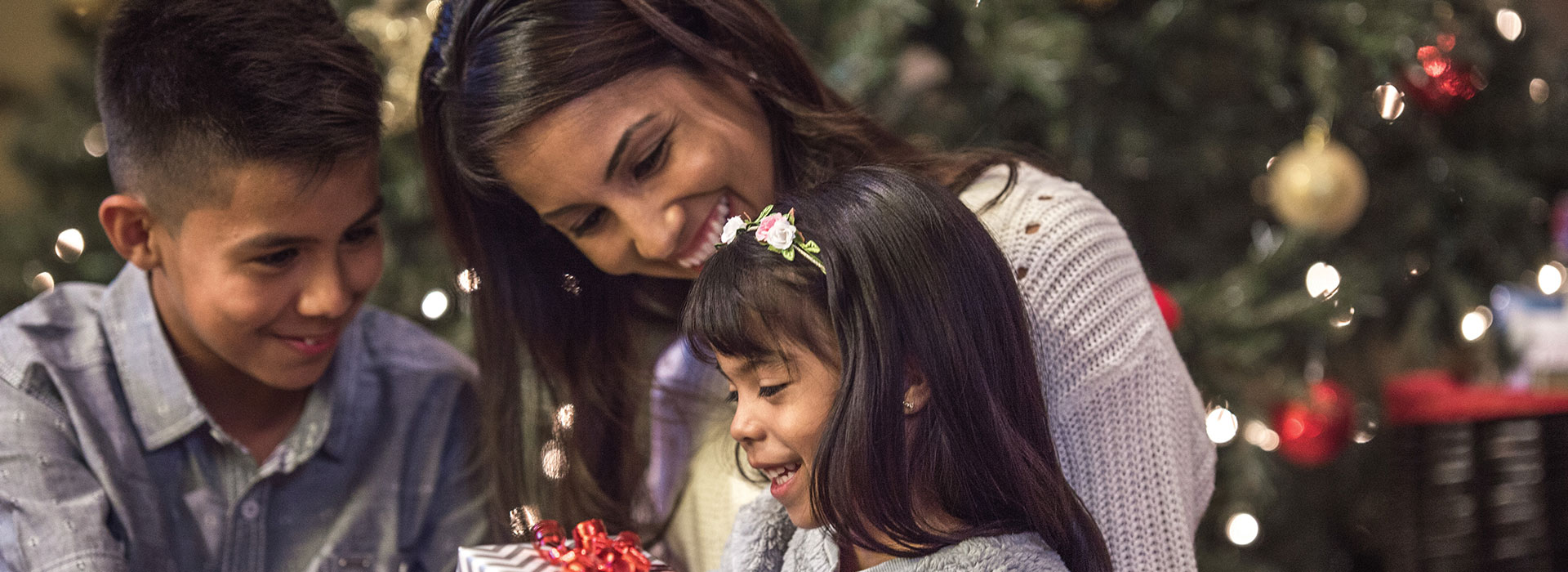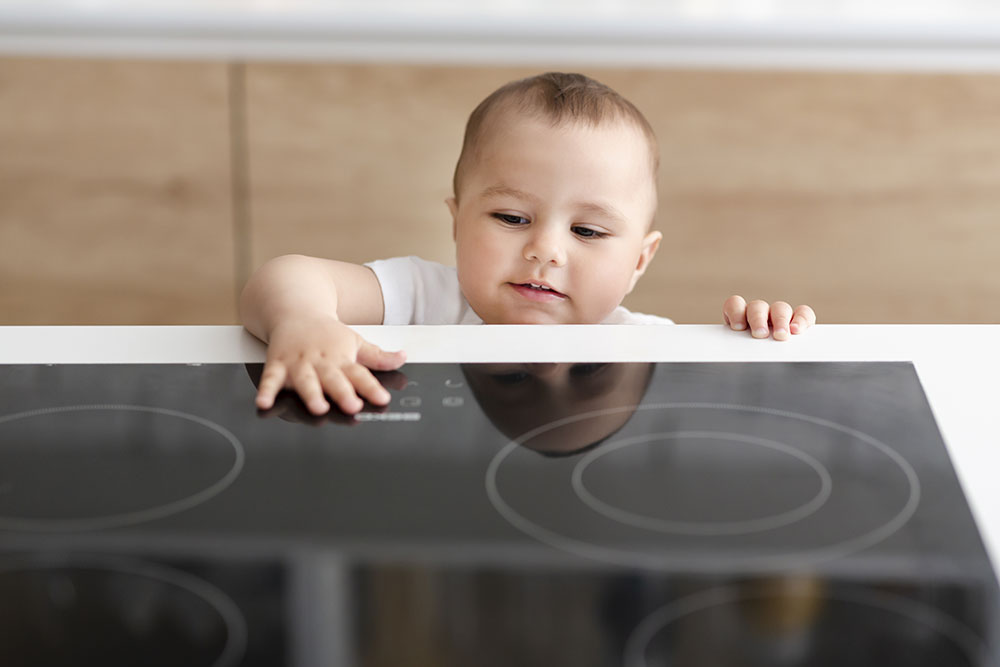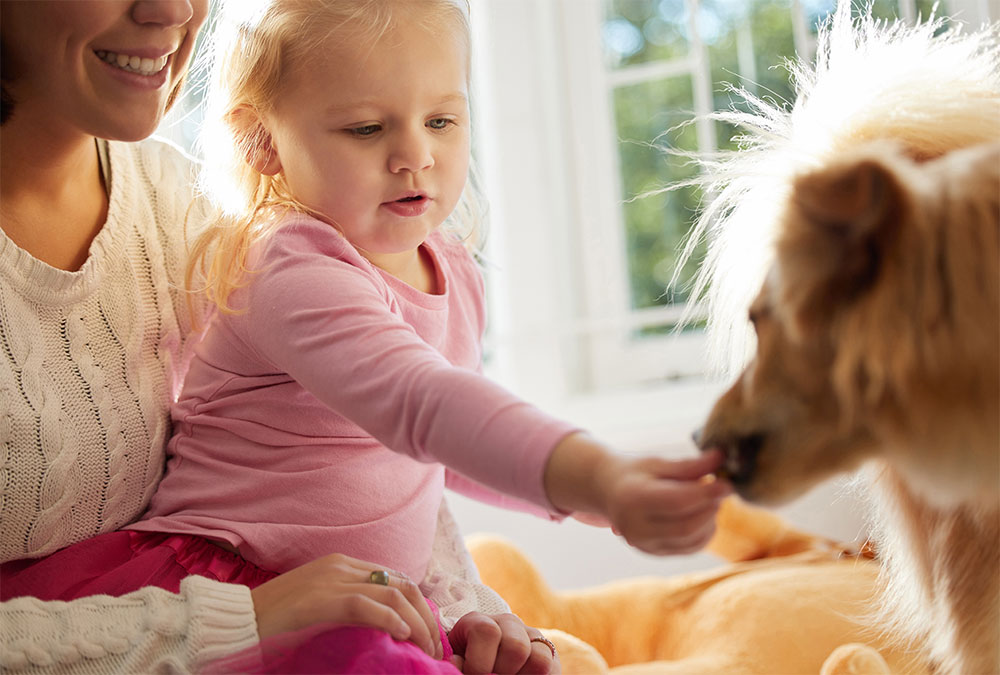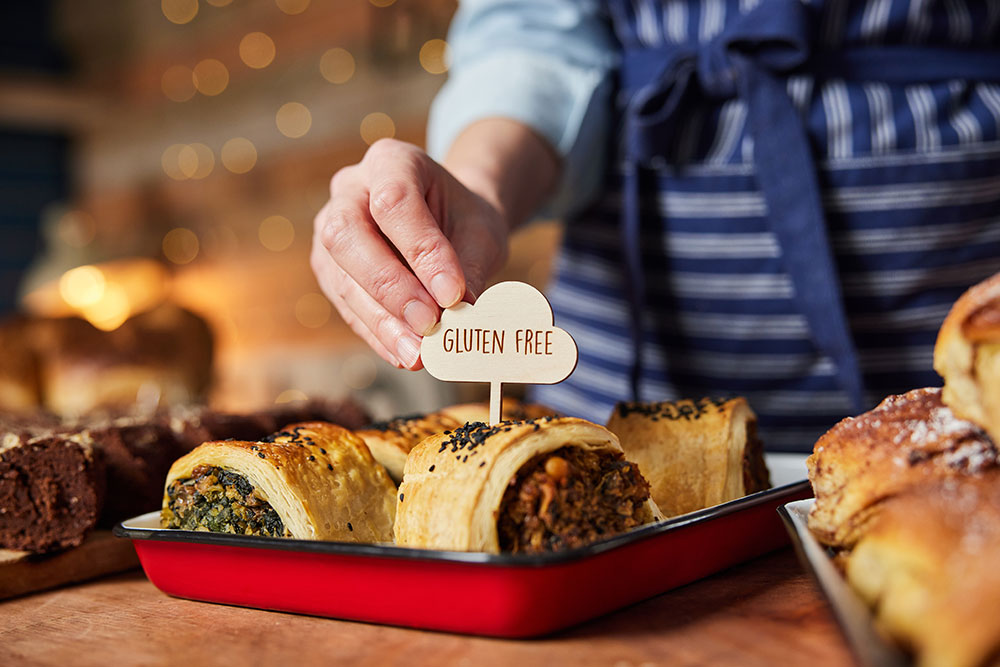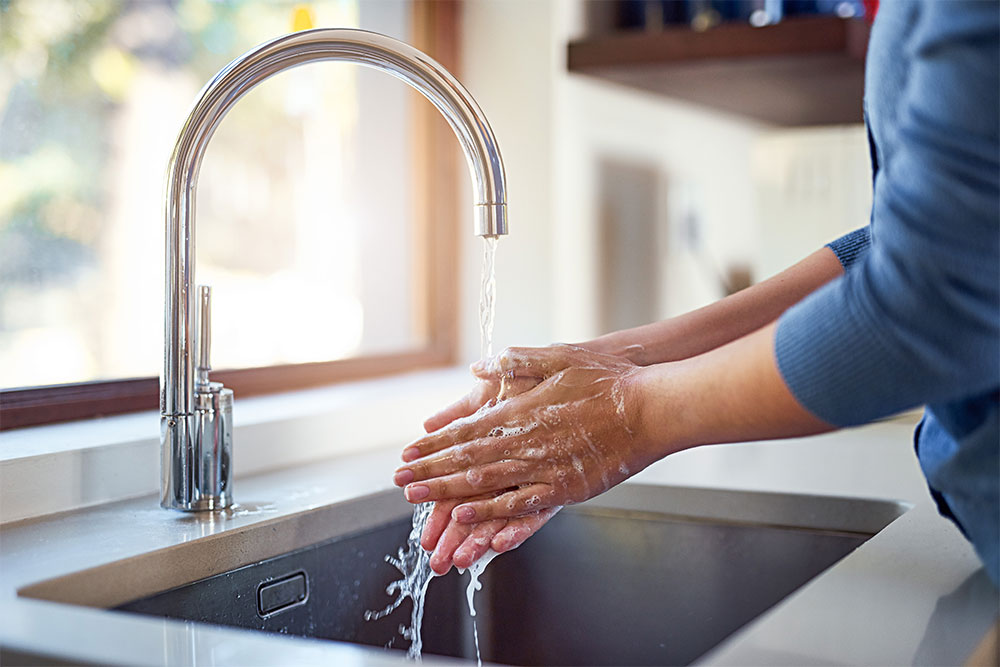

Stay Healthy:
Make sure everyone is feeling well and up-to-date on vaccines. If you’re feeling sick, stay home – you’ll be doing yourself and everyone else a favor! Wash your hands often or use hand sanitizer when soap and water aren’t available.
